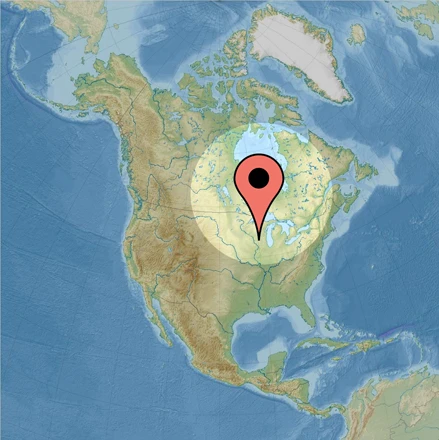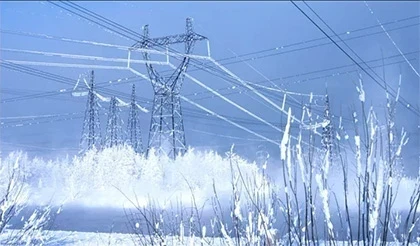Geo-targeting with Data Analytics

How to reduce peak load in constrained areas of the grid
BY W. HUGH GAASCH, Retroficiency
With an aging infrastructure, rising demand, and an increasingly stringent regulatory climate, utilities across the country face some tough decisions in the coming decade. The American Association of Civil Engineers calculates that it will take a $107 billion investment by 2020 to keep the over-100-year-old power grid intact.
Therefore, the question becomes whether opportunities exist to balance supply and demand in load-constrained areas without adding new transmission, which is costly, time consuming and sometimes difficult to execute. One solution that might prove advantageous for electric utilities and their customers is geographic targeting (geo-targeting).
Through this approach, energy efficiency and/or demand response programs are targeted and implemented in precise geographic areas to mitigate specific load problems at hand. Energy efficiency can provide a low-cost way to lower monthly energy bills for customers while alleviating stress on the local electrical grid—leveling out peak demand even if total consumption continues to increase.









